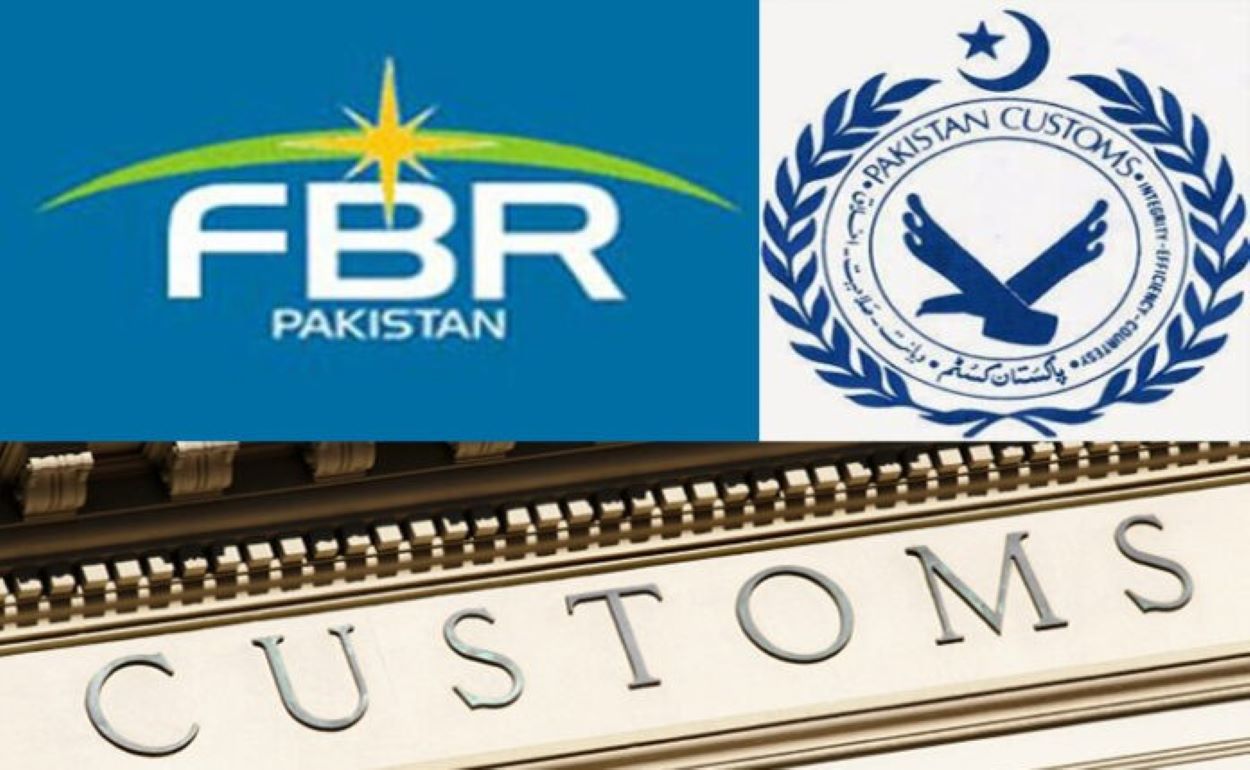On Wednesday, the Pakistan Customs Group submitted a resolution requiring evidence to categorize tax officers as corrupt or honest. They also decided to legally oppose Prime Minister Shehbaz’s effort to remove tainted officials from the Federal Board of Revenue (FBR).
Before addressing this issue further, the Association of Customs Officers conducted a vote among its members. They expect approval within 24 hours by majority vote, aiming to pressure the government. Despite initial support, the Prime Minister’s actions have subjected senior civil service ranks to intense public scrutiny.
Recently, Prime Minister Shehbaz dismissed 25 senior FBR officers from grades 21 and 22 after receiving negative reports from three top intelligence agencies. The group included 11 Customs Service officers and 14 from the Inland Revenue Service, evaluated on their financial integrity and professionalism.
This intelligence led the government to classify FBR officers from grades 20 to 22 into four categories. Those in category ‘A’—noted for integrity and capability—are advancing to the FBR’s top managerial positions. Officers in categories ‘B’ and ‘C’ are facing lesser roles or sidelining. Those in category ‘D’ have been reassigned within the FBR and stripped of specific duties.
Customs officers argued that this profiling was non-transparent and violated due process rights protected by the Constitution and the Civil Servants Act of 1973. They have requested that the government disclose evidence of the alleged corruption and inefficiency.
The controversy also involves accusations beyond corruption. Officers Mukaram Jah Ansari and Ahmad Mujteba Memon, both grade 22, along with former FBR chairman Mohammad Ashfaq, reportedly faced unfair targeting due to their roles in significant cases or FBR restructuring.
With potential punitive measures against grade 20 officers on the horizon, the Customs group demands full transparency regarding the FBR’s profiling practices and criteria. They are urging the FBR chairman to safeguard officers’ rights and adhere to due process. Moreover, they plan to collaborate with stakeholders and explore legal channels to protect their rights and address legal violations.






